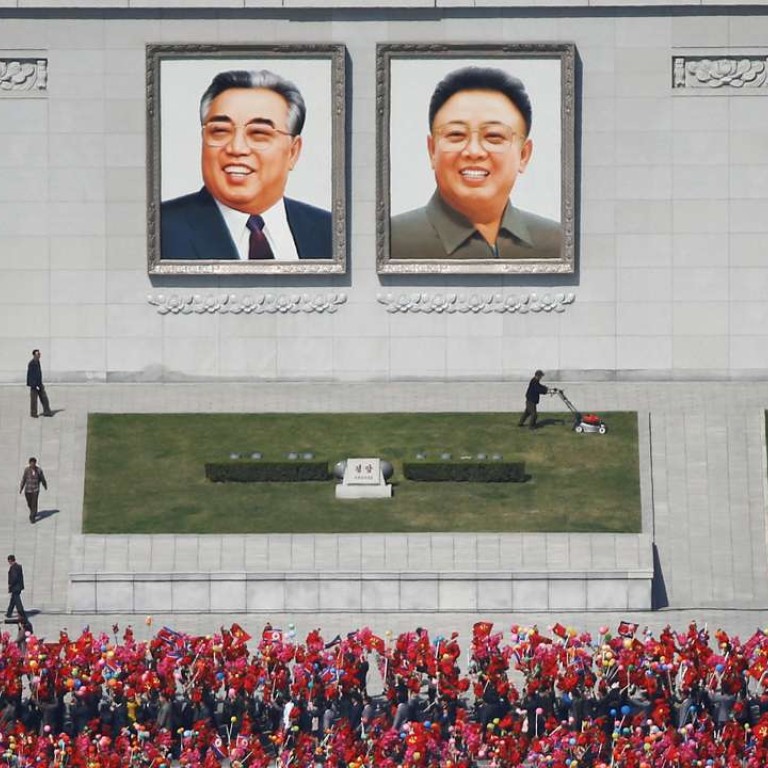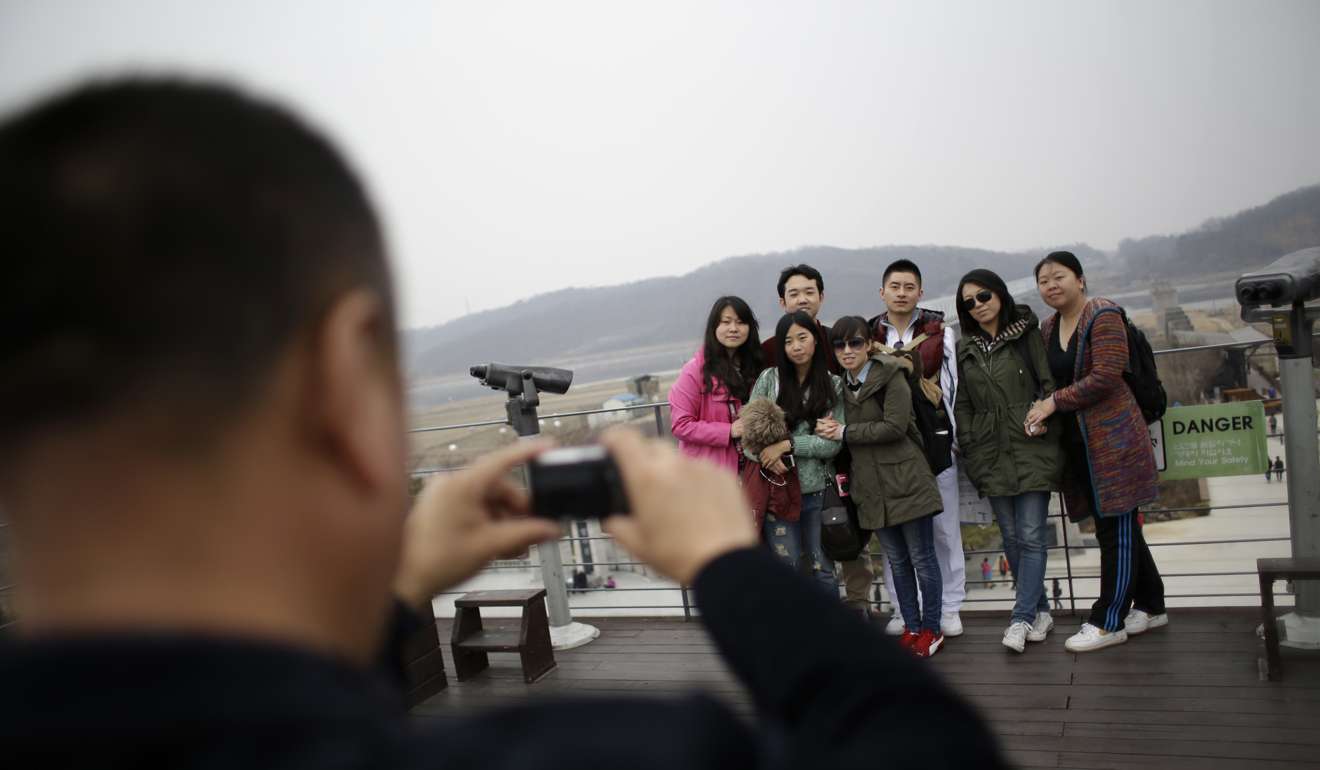
China’s anger over THAAD missile shield will hit South Korea’s economic growth, central bank says
Growth will be shaved by 0.2 percentage points due to lower exports to China and fewer Chinese tourists visiting South Korea, says official
China’s anger over the deployment of a US-developed anti-missile system is expected to knock 0.2 percentage points off South Korea’s economic growth this year, an official at the nation’s central bank said on Thursday.
Chang Min, the director general of the Bank of Korea’s research department, said at a news conference on Thursday that the nation’s GDP would be hit by worse exports to China and fewer Chinese tourists visiting South Korea prompted by the controversy.
Seoul says the missile defence shield is needed to protect against North Korean missiles, but Beijing argues the system poses a threat to its own national security.
Some Chinese consumers have boycotted the South Korean conglomerate Lotte, which operates supermarkets on the mainland. Travel agencies have also suspended tours to South Korea.
Tensions on the Korean peninsula are rising, amid concerns that Pyongyang may conduct its sixth nuclear test this month as the reclusive state is marking several key anniversaries.

The journalists were invited by North Korea’s current leader Kim Jong-un, the late Kim’s grandson.
The flight carrying mainly Western journalists arrived in Pyongyang on Wednesday, according to a report by the Global Times, a paper affiliated to the Communist Party mouthpiece the People’s Daily.
A total of 130 journalists from 40 news organisations, including the Associated Press, the BBC and Fox News were invited, the Global Times said. No South Korean media were included, it added.
China banned North Korean coal imports in February as part of UN sanctions against North Korea’s nuclear weapons programme.
But despite the stricter sanctions, trade between the two traditional allies grew by 37.4 per cent in the first quarter.
China’s imports from North Korea rose by 18.4 per cent and China’s exports expanded 54.5 per cent, Huang Songping, a spokesman for China’s customs administration, told a news briefing on Thursday.
Chinese President Xi Jinping on Wednesday called his US counterpart Donald Trump urging “peaceful means” to solve the North Korean nuclear crisis.
Trump has said the US will deal with the problem alone if China does not help.
A US aircraft carrier and strike group was deployed to waters off the Korean peninsula earlier this week, amid escalating tensions in the region.
Additional reporting by Reuters

